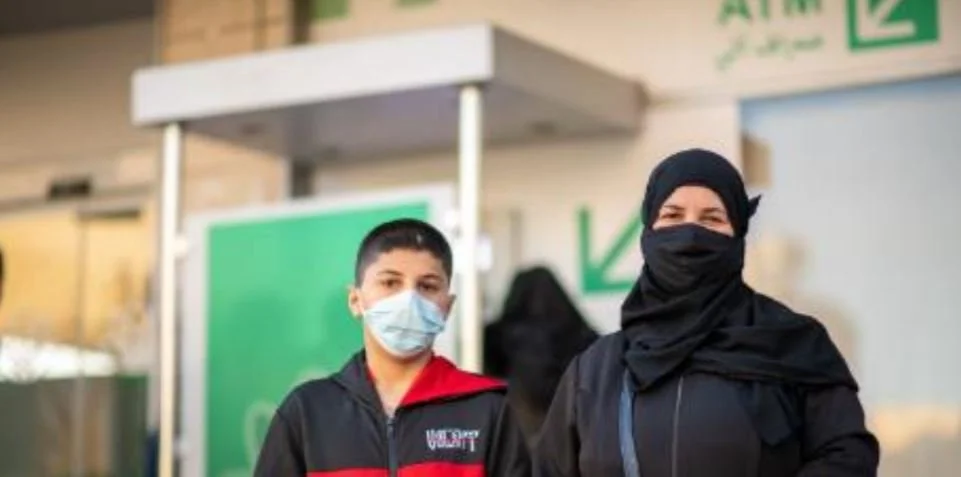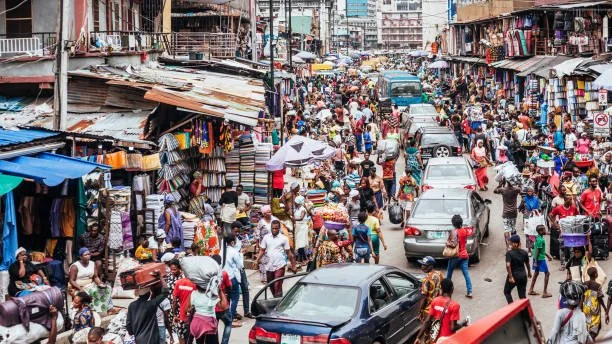July 2022
The OF is a rights-based and principled framework. It encourages reintegration and development sectors to move from the geographical phases of return and reintegration to focus on the stages of operational planning: ie pre-design, design, implementation and monitoring. In this way, the OF aims to assist ERRIN Member States in aligning reintegration and development actors' goals and activities in return contexts. It acknowledges that to succeed, a multi-level range of actors need to be involved, including reintegration and development actors; international, national, and local actors; returnees themselves and their communities; and actors specialised in specific sectors. To achieve this integration, the OF establishes key guiding principles, operational standards, an ecosystem of actors, and standard processes for developing effective and robust referral mechanisms. These referral mechanisms provide a continuum of services for returnees from pre-departure through post-arrival and thus provide greater opportunities for sustainable reintegration.
Samuel Hall was commissioned by the European Return and Reintegration Network (ERRIN) to produce an Operational Framework (OF) for the the ERRIN Technical Working Group on Reintegration & Development (TWG R&D), funded through the EU’s Asylum, Migration & Integration Fund (AMIF-Special Actions), in collaboration with the International Centre for Migration Policy Development (ICMPD). The OF corresponds to the objectives of Neighbourhood, Development, and International Cooperation Instrument (NDICI/Global Europe) and the Asylum, Migration & Integration Fund that aim for a more effective funding framework surrounding voluntary returns.
Data was collected in both countries of origin (Bangladesh, Nigeria, Iraq, Ghana and Tunisia) and destination (Belgium, Denmark, Finland, France, and Germany).
Download here
Read More




















